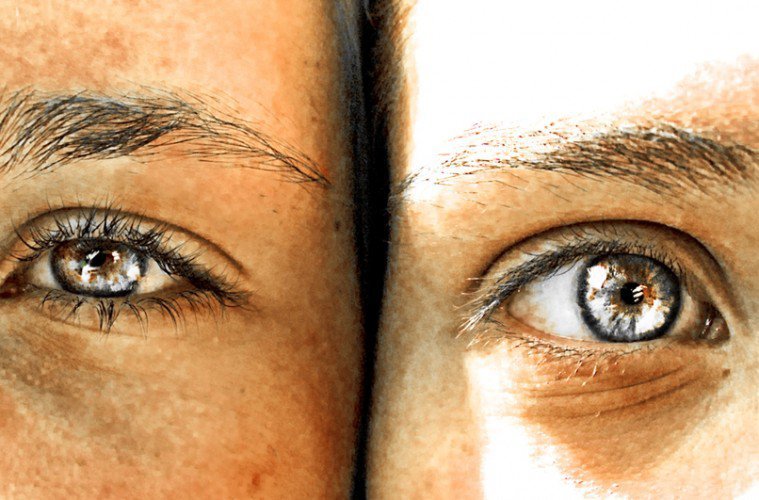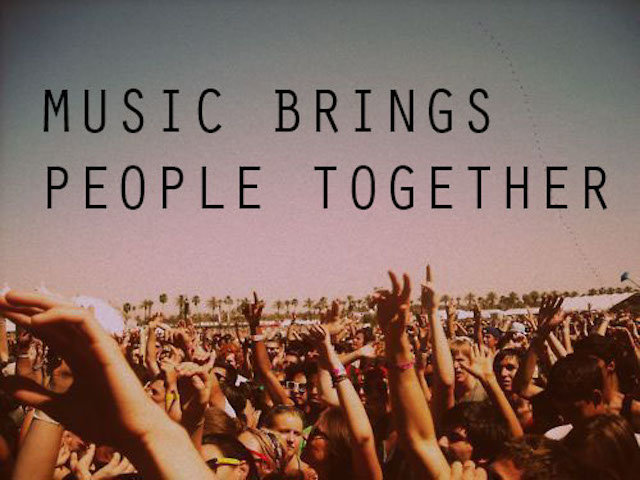The following is an excerpt from the new book Bullying Scars by Ellen deLara (Oxford University Press, 2016): In interviewing the people in my research study, I began to notice something unusual. While many of the participants spoke of the bullying episodes they experienced as traumatic and described the impact they felt at the time and what they are left with now in terms of traumatic memories, no one explicitly said they felt like they had PTSD. However,
collectively, they listed many symptoms that did fit the PTSD diagnosis. Still others clearly experience what I call adult post-bullying syndrome, or APBS. I have named it this to distinguish it from PTSD.While APBS can share some symptoms with PTSD,
there are distinct differences. One is that
there can be both negative and positive aspects to APBS, whereas there are no positive aspects in the research literature associated with PTSD. The negative symptoms of APBS can mimic those of PTSD or the effects seen from child abuse. These effects, similar for child abuse, APBS, and PTSD, and lasting into adulthood , can include shame, anxiety, and relational difficulties. Further, negative cognitions about the self often occur after a trauma. This trauma-related thinking is often inaccurate and serves to support and maintain PTSD. The changes in emotional reactions that characterize PTSD can lead to unexpected and often unpredictable outbursts of anger and aggression. Something can happen to which the person with PTSD just reacts. There does not appear to be an intermediary step of thinking. There is the event, then the reaction.
This is a critical difference between PTSD and APBS, where adults do not tend to show this kind of event/reaction immediacy but rather seem more inclined to take no action and instead ruminate on past and present events.While there are negative aspects of adult post-bullying syndrome, there are some unexpected positives that seem to accompany it also. In interviewing people who appear to experience APBS, I noticed that they have a tendency to exhibit some, if not all, of the following issues:
Self-Esteem Issues and Shame"I have low self-esteem, a poor self-image, and virtually no confidence in myself."
"Unfortunately, I took right to heart, literally, the hurtful things that were said to me. Now that I am grown up I try to see things differently, but in my core I still believe they are true."
Self-doubt and harsh self-judgment are byproducts of childhood bullying. They leave an indelible mark on self-esteem for those who suffer with APBS. Children take to heart relentless torment through name calling and castigation of their character and looks. Years later, as adults, people can still easily recall what they were bullied about: their weight, their height, their clothes, having acne, the people to whom they were attracted. People with APBS typically report having low self-esteem. They feel a sense of shame connected to the core of their being. People who feel a great deal of shame or who are shame-based can manifest this in arrogant behavior. This can be seen in vacillations in thinking between: "I'm a loser" and "I'm better than all of you."













Comment: